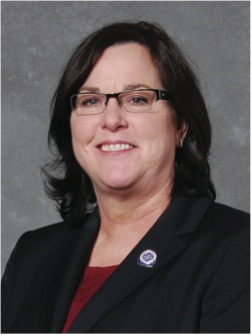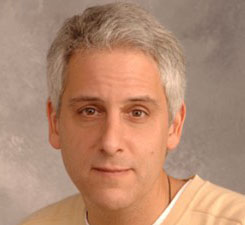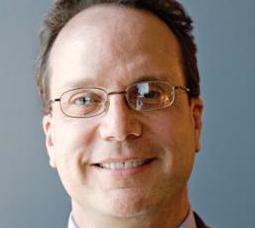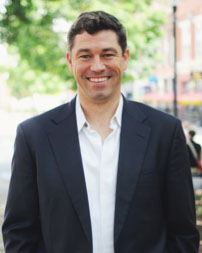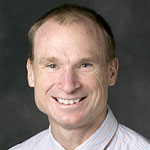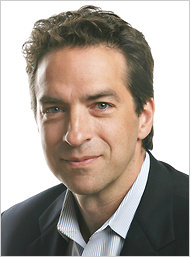Nuclear power is the redheaded stepchild in the US Energy puzzle. An abundance of inexpensive oil and gas has put nuclear power on the back burner.
What is nuclear energy’s fate in the US? Is it the missing piece of the clean energy revolution?
Dr. Michaele Brady Raap believes nuclear energy deserves a better fate.
She’s the president of the American Nuclear Society.

